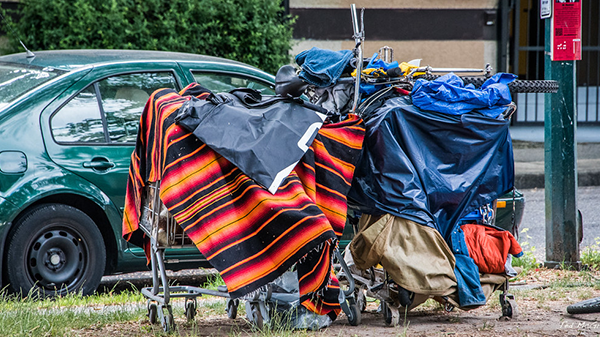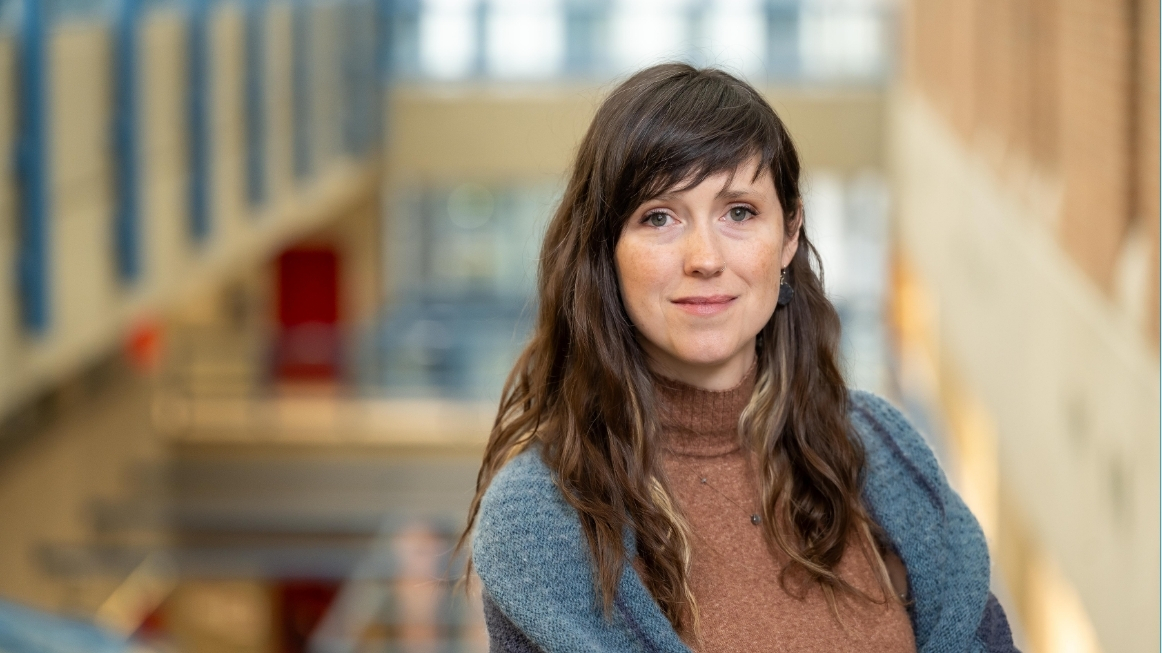Dr. Jiaying Zhao, UBC’s Canada Research Chair in Behavioural Sustainability, in collaboration with Foundations for Social Change a Vancouver-based charitable organization, recently completed a bold study and social program. As a global first, the New Leaf project provided a one-time lump sum direct cash transfer of $7,500 to 50 people who had recently become homeless, with recipients choosing how best to spend the funds. Researchers also followed a control group of people who were homeless that did not receive a cash payment.
Preliminary results show that on average, those receiving the direct cash payment moved into stable housing faster, maintained a level of financial security and stability over 12 months of follow-up, and increased their spending on food, clothing and rent. By empowering individuals to meet their own needs and move into housing faster, the 50 cash transfer recipients freed up space in shelters and saved the shelter system $8,100 per person over the course of the year (for a total savings of $405,000).
Hear how Ray used the direct cash transfer from the New Leaf project to start making his dream of helping others a reality.
“When I found out I had been accepted to receive the cash transfer, I was living in an emergency shelter, trying to find a way forward,” says Ray, a New Leaf project participant. “The money gave me the resources I needed to get out of the shelter and push for the social programs and the computer class I needed. It was an important stepping-stone and it gave me a choice. It gave me a chance.”
Foundations for Social Change CEO, Claire Williams, wanted to show the viability of cash transfers for people who are experiencing homelessness. “To prevent people from becoming entrenched in homelessness, we need to provide meaningful support as close to the time of becoming homeless as possible,” says Williams. “Our research shows that cash transfers allowed people to access housing faster, improving stability and lowering the risk of trauma.”
Foundations for Social Change conducted the New Leaf project in partnership with UBC Psychology in spring 2018 using science-based measures to track outcomes and evaluate the impact of giving direct cash transfers. The study compared a group who received the cash transfers with a control group that did not. A variety of other support was available to both groups. All participants were assured of anonymity and privacy.
“To receive a direct cash transfer, participants had to meet criteria that showed no misuse or abuse of substances. These individuals also demonstrated no major symptomology for mental health disorders, and showed a readiness for change.”
“To receive a direct cash transfer, participants had to meet criteria that showed no misuse or abuse of substances,” explains Dr. Jiaying Zhao, Principal Investigator and Associate Professor, UBC Psychology and UBC Institute for Institute for Resources, Environment and Sustainability. “These individuals also demonstrated no major symptomology for mental health disorders, and showed a readiness for change.”
By empowering individuals to meet their own needs, research shows that participants reduced spending on goods such as alcohol, cigarettes, or drugs, spent fewer days homeless, and achieved greater food security. Moving out of a shelter into housing provides stability, reduces the risk of experiencing trauma, improves health and frees up shelter beds for others in need.
Homelessness is a pervasive problem with no single solution that is effective in all cases. The New Leaf project shows that a direct cash transfer is a bold and innovative solution for people who have recently become homeless and provides solid evidence that a lump sum of money can provide a transformational difference.
Source: Foundations for Social Change. Read the original news release.



